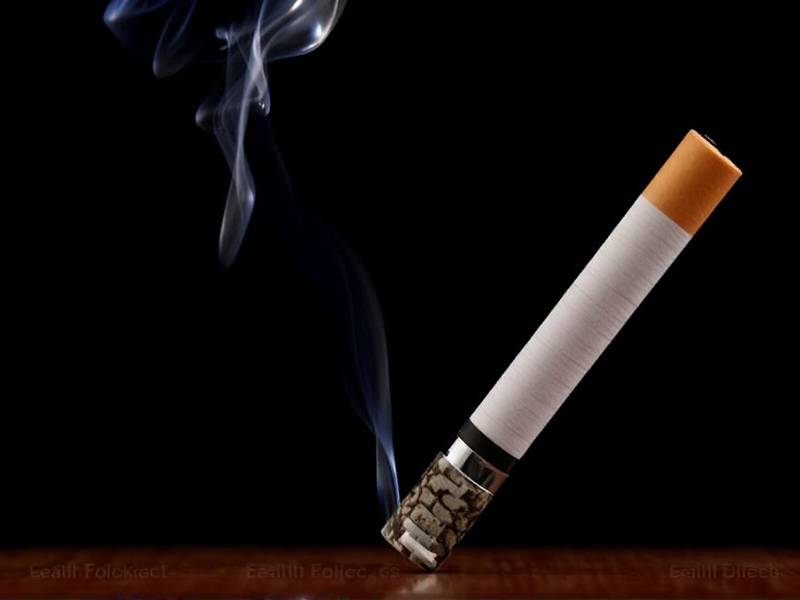How Long Does It Take for Metabolism to Recover After Quitting Smoking?
The Journey to Metabolism Recovery: How Long After Quitting Smoking?
Introduction: Quitting smoking is a significant decision that can lead to numerous health benefits. One of the most common concerns among smokers who are considering quitting is how long it takes for their metabolism to recover. In this article, we will explore the factors affecting metabolism recovery after quitting smoking and provide insights into the timeline you can expect.
I. Understanding Metabolism and Smoking

-
What is Metabolism? Metabolism refers to the chemical processes that occur within your body to maintain life. It includes breaking down food, absorbing nutrients, and converting them into energy.
-
How Smoking Affects Metabolism Smoking introduces harmful chemicals into your body, which can disrupt the normal functioning of your metabolism. Nicotine, in particular, affects your metabolic rate by increasing heart rate and blood pressure.
II. The Recovery Process

-
Immediate Changes Within hours of quitting smoking, you may notice immediate changes in your metabolism. Nicotine levels in your blood start to decline, leading to a gradual decrease in heart rate and blood pressure.
-
Short-Term Recovery (Days to Weeks) During the first few weeks after quitting smoking, your body begins to heal from the damage caused by nicotine and other chemicals. This healing process can lead to an improvement in metabolic function.
-
Long-Term Recovery (Months to Years) The full recovery of metabolism after quitting smoking may take several months or even years, depending on various factors such as age, overall health, and the duration of smoking.
III. Factors Influencing Metabolism Recovery
-
Age Younger individuals tend to recover their metabolism faster than older adults due to their bodies' higher regenerative capacity.
-
Overall Health People with better overall health may experience a quicker metabolism recovery compared to those with pre-existing health conditions.
-
Duration of Smoking The longer you smoked, the longer it may take for your metabolism to fully recover.
IV. Tips for Accelerating Metabolism Recovery
-
Adopt a Healthy Diet A balanced diet rich in fruits, vegetables, whole grains, lean proteins, and healthy fats can support metabolic recovery after quitting smoking.
-
Stay Active Regular physical activity helps improve metabolic function and promotes weight management during the recovery process.
-
Get Adequate Sleep Adequate sleep is crucial for overall health and plays a vital role in metabolism regulation.
Conclusion: Quitting smoking is a journey that requires patience and determination. Understanding how long it takes for your metabolism to recover can help you stay motivated throughout this process. By adopting healthy habits such as eating well and staying active, you can support your body's healing process and accelerate metabolism recovery after quitting smoking.
